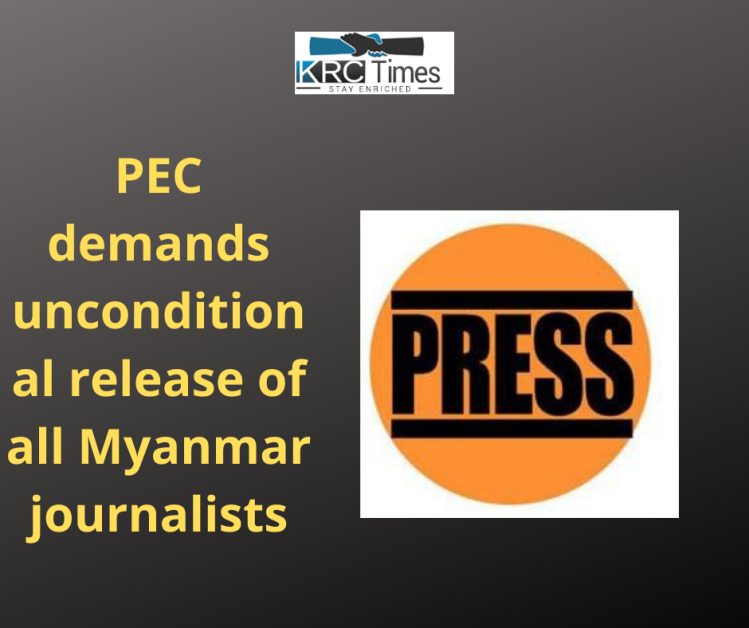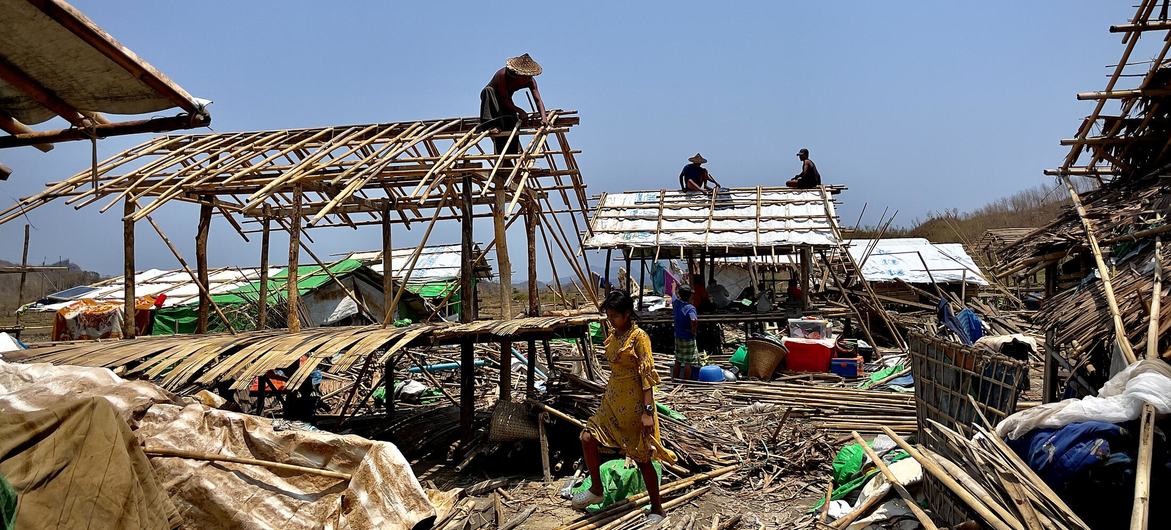This project also aims to boost female participation, with over 50,000 villagers, 30% of whom are women, expected to become better aware of climate change effects, while learning advanced livelihood management skills
 KRC TIMES Desk
KRC TIMES Desk

A new project which is to be initiated by
the Asian Development Bank (ADB) will help identify, develop, and fund 3,000 climate- and disaster-resilient community infrastructure subprojects, which include village access or farm roads, small bridges, water supply, electric grid connection, and multipurpose centers.
ADB is going to fund $195 million in the project that will develop climate-resilient and market-oriented infrastructure and livelihoods in 2,942 villages in Myanmar’s Ayeyarwady, Chin, Sagaing, and Tanintharyi regions. This projects are expected to help reduce rural poverty and strengthen the villages’ climate and disaster resilience, benefiting around 1.8 million people.

These infrastructure subprojects, which will be selected based on their contribution to the village’s resilience as well as public and economic benefits, will have a strong gender component, where women comprising 40% of the labor inputs in their construction and operations.
ADB’s Natural Resources and Agriculture Specialist for Southeast Asia Stefania Dina informed that as Myanmar is one of the most vulnerable countries to climate and disaster risk, and people living in the country’s rural areas face the greatest threat, given the lack of development and climate resilience . “ADB’s project will help ensure that people in the rural areas of Myanmar have the necessary capacity, support, and know-how to deal with the effects of climate change, while helping them get out of poverty through livelihood support,” she articulated.

Myanmar’s rural areas are largely underdeveloped, with only 16% of the population having access to electricity, about 30% lacking access to year-round drinking water, and 25% not connected by any road. Traditional agriculture, which is highly dependent on weather patterns, is the main source of rural livelihoods, accounting for 25.7% of the country’s gross domestic product and 49% of employment. Climate change puts Myanmar’s rural population at risk, affecting their productivity and exposing them to natural hazards and other climate-related vulnerabilities.
ADB’s assistance includes a $185 million concessional loan and a $10 million grant from the Asian Development Fund for the Resilient Community Development Project. ADB will also administer a €24.25 million ($27.58 million) grant from the European Union-financed Asia Investment Facility and a $3 million grant from the Japan Fund for Poverty Reduction.

The ADB project will identify, develop, and fund at least 15,000 resilient livelihood subprojects, which include new or improved climate-smart agriculture, livestock, fisheries, value addition to farm and nonfarm products, marketing, and the acquisition for new skills and employment. This project also aims to boost female participation, with over 50,000 villagers, 30% of whom are women, expected to become better aware of climate change effects, while learning advanced livelihood management skills.
ADB which is committed to achieving a prosperous, inclusive, resilient, and sustainable Asia and the Pacific, while sustaining its efforts to eradicate extreme poverty. This information is being shared by ADB in an report published in their website www.adb.org.





